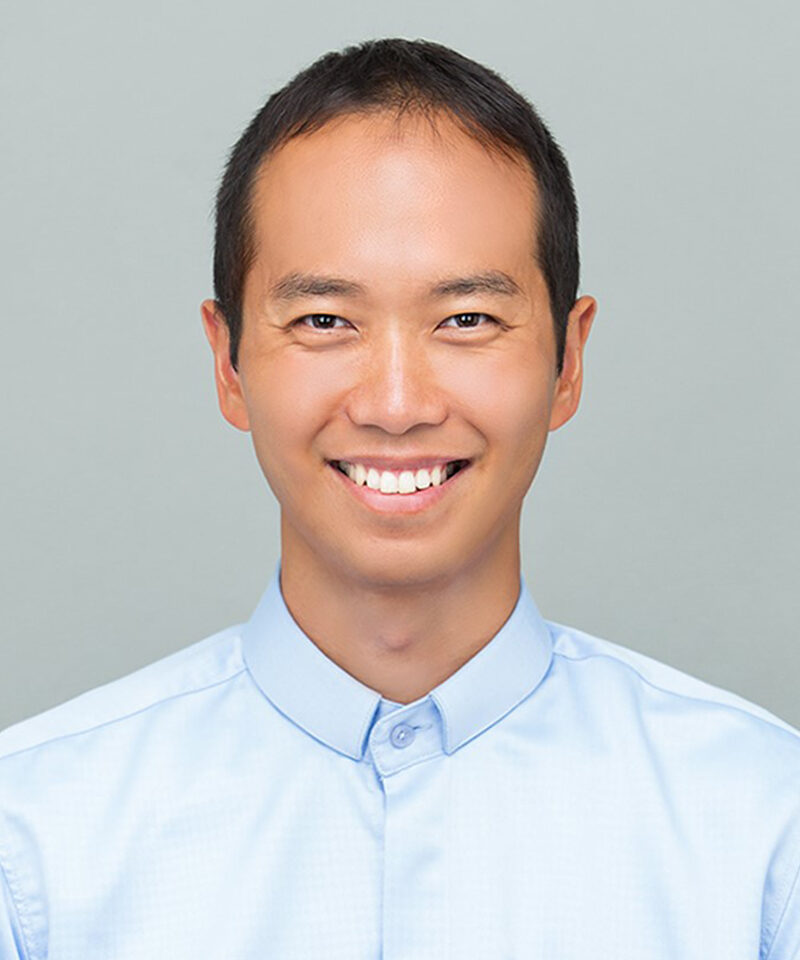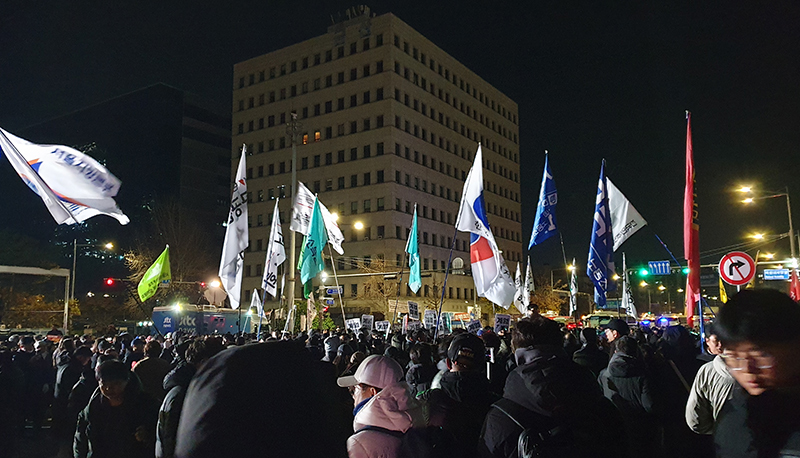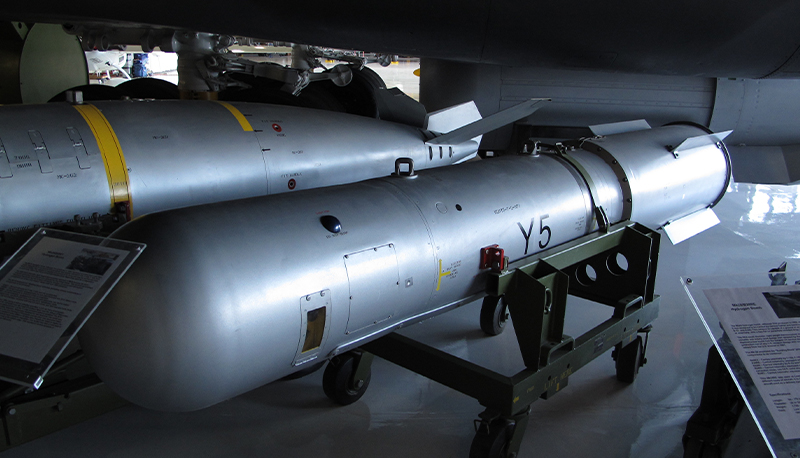Chansong Cameron Lee
2022-2024 Postdoctoral Fellow
Chansong Cameron Lee was an IGCC Postdoctoral Fellow in Technology and International Security based in Washington, D.C. from 2022-2024. Lee obtained his doctorate in International Relations from the Paul H. Nitze School of Advanced International Studies (SAIS), Johns Hopkins University in August 2022. His research interest covers international relations theory, alliance politics, foreign policy decision-making, nuclear strategy, and nuclear nonproliferation. Previously, he worked as a researcher and a staff at various institutes, including Science and Technology Policy Institute (STEPI) in the Republic of Korea and Center for International Studies at Seoul National University. He was a recipient of Korean Government Scholarship for Overseas Study in 2012-13 and studied in Italy in 2017-18 with Abernethy Fellowship. He completed the NPIHP Pre-doctoral Fellowship at the Woodrow Wilson International Center in 2020. He holds a B.A. in English language and literature, and political science and international relations at Korea University, an M.A. in international relations at Seoul National University, and an M.A. in energy, resources, and environment at SAIS.
Cameron Lee’s dissertation examines the nuclear receptivity of U.S. allies during the Cold War based on archival research. This topic naturally extends to other subjects and fields, such as alliance burden-sharing, U.S. nuclear extended deterrence and alliance assurance, and international politics of non-great powers. He is also interested in the effect of technology upon the evolution of international politics, focusing on arms race/control issues.

Expertise & Interests
- International relations
- Alliance politics
- Foreign policy decision-making
- Nuclear strategy
- Nonproliferation

